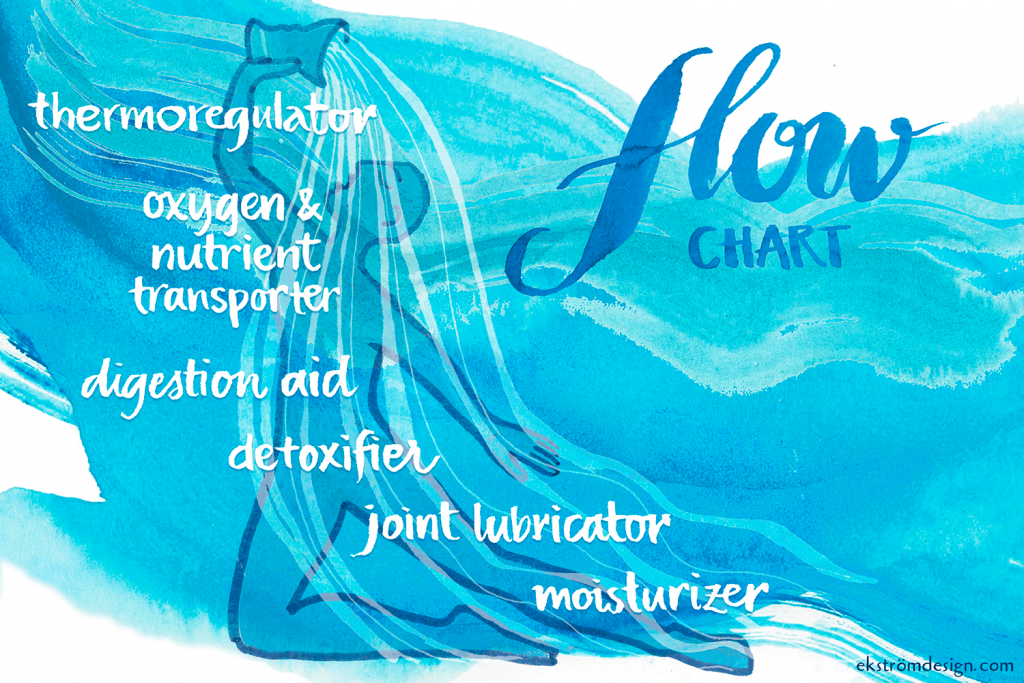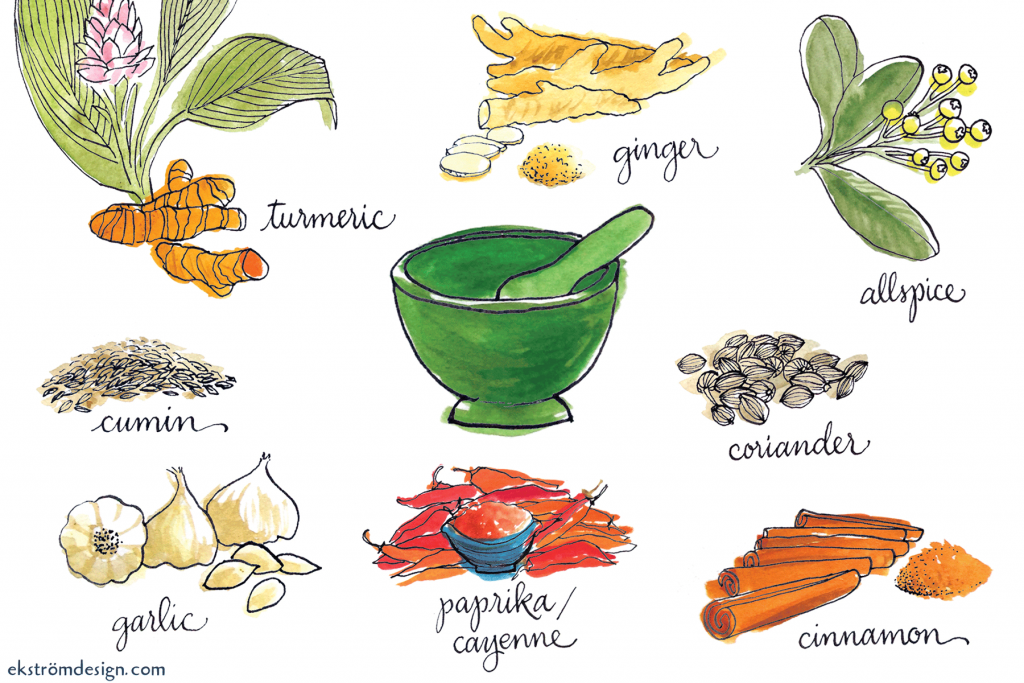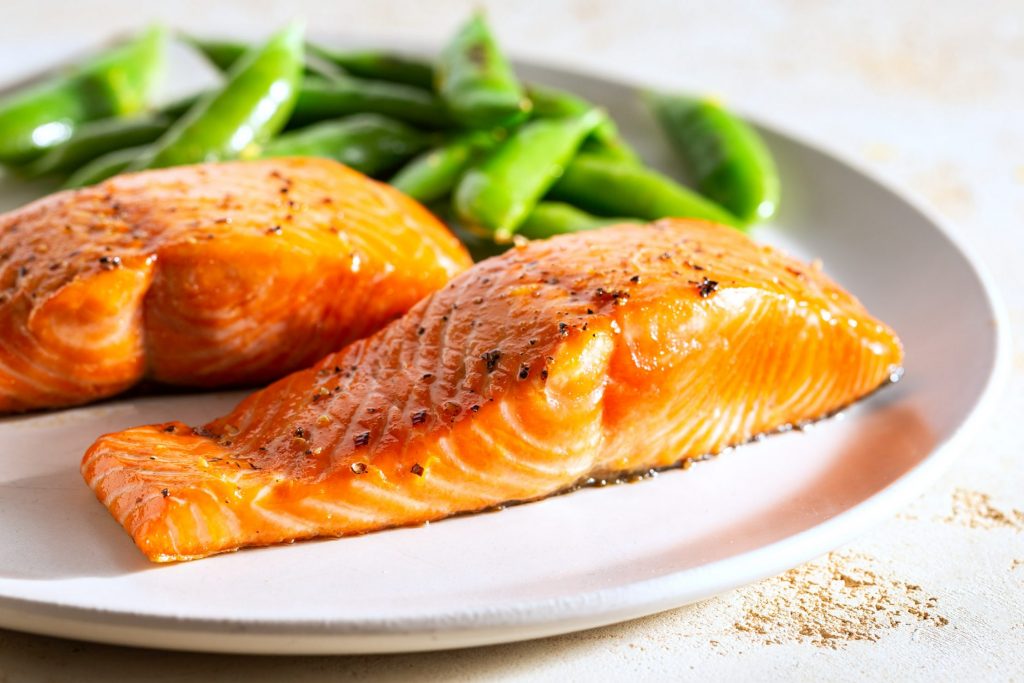7 Tips for Building a Healthy Microbiome From our Director of Nutrition

At this very moment, your body is host to roughly 10 trillion bacterial cells. Collectively known as the microbiome, these bacteria outnumber human cells by 10 to 1 and, lately, they piqued the interest of the scientific community. Researchers are beginning to think that these microbes may have a significant impact on everything from your mood to your mortality, and may ultimately be as important to our individual identity as our DNA.
While these microbes thrive all over our bodies, inside and out, it’s the bacteria that inhabit the digestive tract that appear to have the greatest impact on our overall health. Research points to a connection between the microscopic residents of our intestines and a host of conditions including diabetes, obesity, digestive problems, depression, even autism and multiple sclerosis. Keeping those bacteria happy is key to maintaining good health.
Here, Sun Basket’s Director of Nutrition Lindsey Kane offers a few suggestions for maintaining a strong and mighty colony of microbes:
Be a Good Host
When you have houseguests, your first instinct is to tidy up and make them feel welcome. You’ll want to do the same for the nearly one thousand bacterial species couchsurfing in your gut. Here’s how to maintain a bacteria-friendly domain:
-
Reduce inflammation: Eat a balanced, nutrient-rich, plant-centric diet; exercise regularly; reduce stress; get sleep.
-
Choose organic: Opting for responsibly-raised animal proteins in place of conventional alternatives can minimize exposure to antibiotics and harmful hormones.
-
Load up on omega 3’s: These healthy fats found in salmon, walnuts, and flax seeds help maintain the integrity of your intestinal lining.
-
Get to know Glutamine: This amino acid found in fish, poultry, beef, and vegetables like asparagus and broccoli, help keep your intestinal wall healthy and strong.
-
Incorporate anti-microbials: Alliums like garlic and leeks, as well as spices and herbs such as oregano and cumin, have been found to inhibit the growth of disease-causing bacteria.
-
Eat plenty of plants: Give your gut bacteria what they love best: plenty of plant fiber. While we cannot fully digest the fiber in fruits, vegetables, whole grains, nuts, seeds, and legumes, our gut bacteria can’t get enough of the stuff.
- Fill up on fermented foods: Consider adding more lacto-fermented foods like kimchi, kraut, yogurt, kefir, kombucha, and miso to your diet. They’re full of the probiotics that your gut thrives on.
Artwork by Ekström Design









